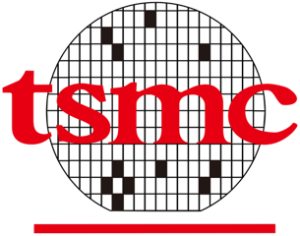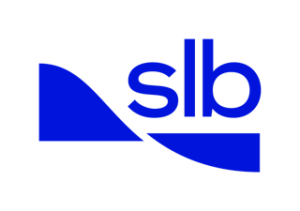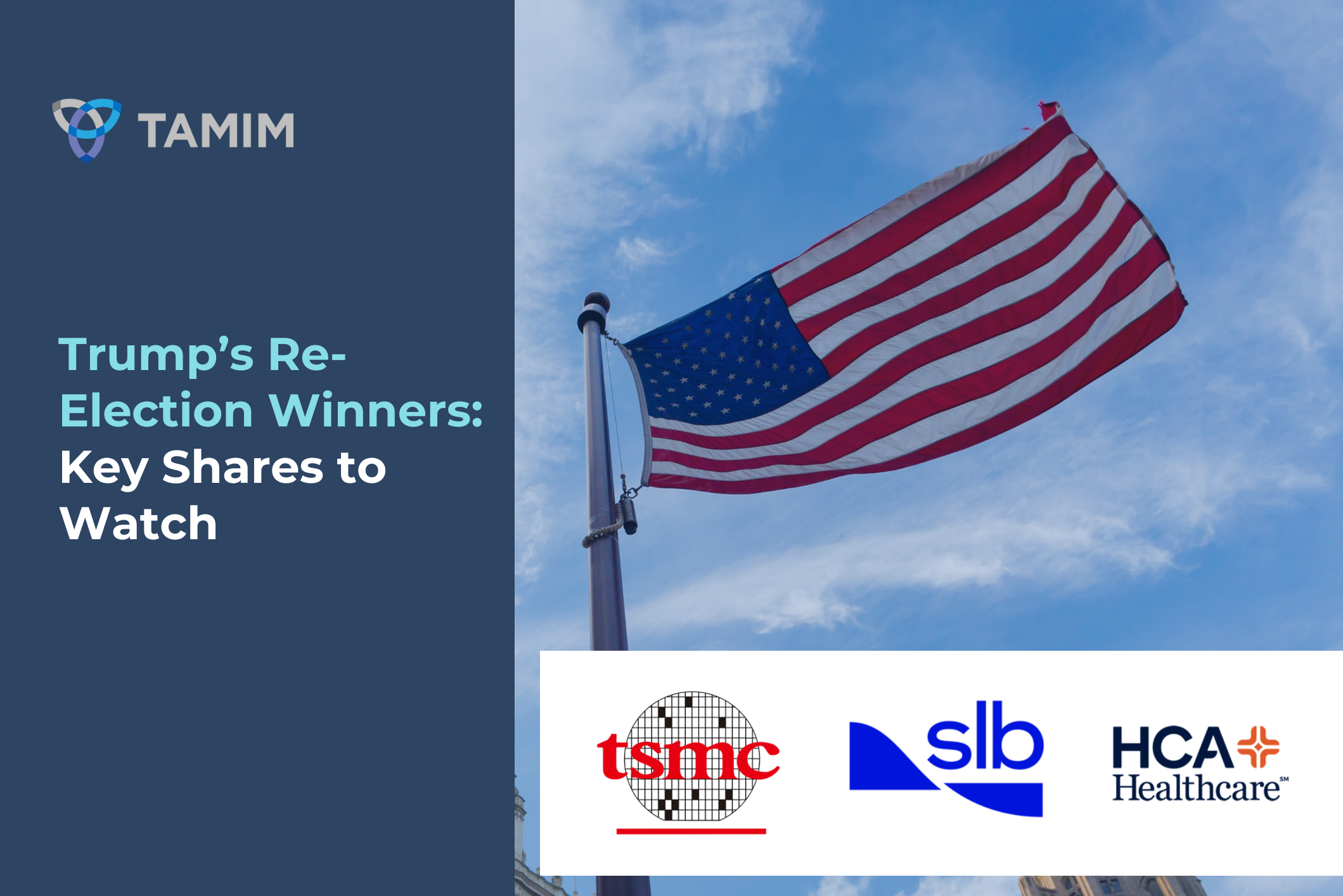In what ended up being an emphatic victory for Republicans, Donald Trump has been re-elected President of the United States. Despite the inauguration not taking place until January 20, financial markets have moved swiftly to price in the new administration and its proposed pro-business policies.
Investors seem to like what they see, with the S&P 500 continuing to hit all-time highs post election day. Below we detail three companies held in the Global High Conviction Fund we think will be beneficiaries of Trump’s second term as President.
1. Taiwan Semiconductor Manufacturing Co ADR (NYSE.TSM)

As the world’s largest semiconductor manufacturer, Taiwan Semiconductor Manufacturing Co (TSMC) will be a direct beneficiary.
TSMC pioneered the “fabless” chip production model. Instead of deploying resources to chip manufacturing, companies such as Apple (NASDAQ.AAPL) and NVIDIA (NASDAQ.NVDA) outsource production and focus primarily on designing and marketing products. This means producers can focus primarily on what they do best (creating great products) and TSMC is left to refine the intricate process of chip manufacturing. Today, TSMC semiconductor market share exceeds 60%. More impressively, the company boasts a near monopoly on advanced chip production used for high-performance computing, defence applications and machine learning.
Because of TSMC’s strategic and geopolitical importance, Western nations have increasingly encouraged the company to build foundries domestically. The business received US$6.6 billion in funding and up to US$5 billion in loans from the CHIPS and Science Act to support the construction of three foundries in Arizona. The first foundry began wafer production in April, with “highly satisfactory” results with a “very good yield”.
TSMC has also announced plans for a foundry in Germany. We expect governments, including the Trump administration, to continue to subside TSMC’s growth ambitions to secure domestic chip supply and reshore manufacturing. The TSMC share price has increased 77% this year, shrugging off concerns of a broader slump in chip demand. We expect orders will recover over the medium term and underwrite the next leg of growth for the business.
2. Schlumberger NV (NYSE.SLB)

Under President Trump, investors should expect a marked shift in energy policy. Beneath the jovial “Drill baby drill” catchphrase encompasses a raft of pro-fossil-fuel policies such as expediting new project approvals and increasing access to public lands and waters, in addition to reversing – for a second time – the nation’s commitment to the Paris 2050 Climate Accord. The President believes this will ultimately lower the cost of electricity for households, while also boosting the competitiveness of US industry and manufacturing.
It’s relatively straightforward to see how a pro-hydrocarbon administration will positively impact SLB. Equally exciting however is the company’s growing sustainability and digital divisions, which should increase in importance as oil and gas majors aim to curb emissions. For over three decades SLB has been modelling and commercialising carbon capture technologies for clients. More recently, the business has agreed to a partnership with the French Atomic Energy and Alternative Energies Commission for producing clean hydrogen. The investment, called Genvia, aims to build the most effective and cost-efficient electrolyser in “hard-to-abate industrial settings”.
3. HCA Healthcare Inc (NYSE.HCA)

In the trading session after it became clear Trump would return to the Whitehouse, shares of HCA fell 5%. Markets believed his election would be a net negative, with prior comments indicating healthcare funding cuts, specifically to Medicaid. However we think the market has this wrong, and still remain bullish on the company during a Trump presidency.
Firstly, Medicaid represents only 11% of HCA’s total revenue base. Secondly, Trump has indicated funding for Medicare, which focuses on older Americans, would be boosted via funding increases for insurers. Medicare represents nearly a third of HCA’s revenue, and with all else being equal, would more than offset any changes to Medicaid.
Independent of policy changes, healthcare broadly is a sector we are attracted to due to its defensive characteristics. Few patients forego care, while inflation is largely passed onto end payers (governments and/or health insurers). Moreover, HCA is somewhat shielded from competition given the sizable cost and land requirements of new hospitals, particularly in urban areas.
The TAMIM Takeaway
The re-election of Donald Trump signals a continuation of pro-business and pro-energy policies that could shape global markets. Companies like Taiwan Semiconductor Manufacturing Co., Schlumberger, and HCA Healthcare are well-positioned to benefit from these policies.
TSMC’s strategic role in semiconductor manufacturing, backed by government subsidies and geopolitical necessity, underscores its importance in reshoring manufacturing capabilities. Schlumberger stands to gain from a resurgence in fossil fuel exploration while leveraging its expertise in carbon capture and clean hydrogen technology. HCA Healthcare, despite initial market skepticism, remains an attractive investment given its exposure to Medicare and the demographic shift of an aging U.S. population, projected to grow by 47% to 82 million by 2050.
For investors seeking opportunities in a changing political and economic environment, these global shares illustrate the potential for growth amid structural shifts and supportive policies.
__________________________________________________________________
Disclaimer: Taiwan Semiconductor Manufacturing Co ADR (NYSE.TSM), Schlumberger NV (NYSE.SLB) and HCA Healthcare Inc (NYSE.HCA) are held in TAMIM Portfolios as at date of article publication. Holdings can change substantially at any given time.

